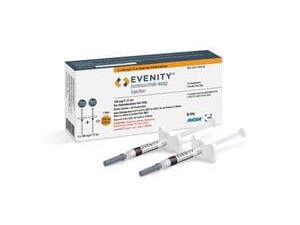Vitamin D and estradiol help guard against heart disease, stroke, and diabetes in postmenopausal women
Vitamin D and estrogen have already shown well-documented results in improving bone health in women. A new study from China suggests that this same combination




